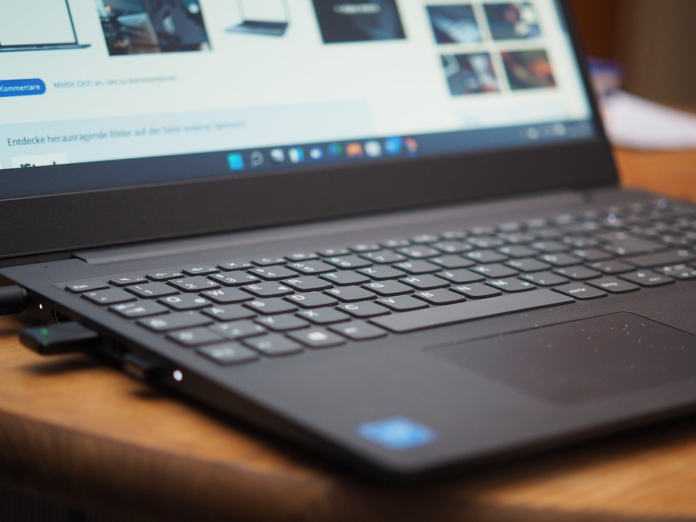Introducing a Potential Controversy in Windows 11
Windows 11 users might soon encounter a contentious addition to their taskbar: the speculated introduction of a “recommended” button. If implemented, this button could display various suggestions and advertisements, raising concerns among users.
Discovery of the “Recommended” Button
The existence of this button was brought to light by Albacore, a reputable Microsoft leaker, who uncovered its workings. Interestingly, all related strings have been removed from production builds, indicating a deliberate attempt to keep it under wraps.
Implications of the Proposed Feature
Albacore’s insights suggest that Microsoft may consider integrating suggestions or recommendations directly into the desktop experience. The description of the button indicates its role in controlling the visibility of recommendations on the taskbar, potentially hinting at the inclusion of website suggestions directly on the taskbar.
Speculation on Functionality
There’s speculation that the proposed feature could offer context-sensitive recommendations based on users’ activities within Windows 11. This could potentially lead to the button displaying the favicon of recommended sites, offering suggestions tailored to users’ ongoing tasks.
In summary, the discovery of the “recommended” button raises questions about the direction Microsoft is taking with Windows 11, particularly regarding the integration of suggestions into the desktop environment. Users await further clarification on the implications and functionality of this potential addition.
Examining the Fairness of Potential Double Payments for Windows 11
There’s concern brewing among Windows 11 users regarding the possibility of encountering additional costs within the operating system. Albacore’s observations suggest the presence of abandoned features lingering within Windows 11’s framework, such as the speculated “recommended” taskbar button.
While it’s uncertain whether this feature will materialize, the mere contemplation raises eyebrows about Microsoft’s intentions regarding potential advertising integration. The prospect of a dedicated taskbar button for recommendations hints at a shift toward subtle advertising strategies.
Another concerning development highlighted by leaker PhantomOfEarth is the potential introduction of promoted apps within the “Recommended” section of Windows 11’s Start menu. Unlike subtle nudges, promoted apps are straightforward advertisements, posing a risk of irritation to users, albeit with the option to disable them during testing phases.
These trends suggest a growing inclination within Microsoft towards incorporating advertising-focused recommendations into Windows 11. This aligns with past controversies surrounding similar features, such as the inclusion and subsequent removal of recommended websites in the Start menu.
Microsoft’s recent endeavors to promote its services through various channels within Windows 11, including notification badging and prompts for OneDrive and Outlook, reflect a broader trend of aggressive advertising tactics.
The escalation of promotional efforts around Microsoft’s Edge browser and Bing search has drawn criticism for intrusiveness, prompting calls for reevaluating the company’s advertising strategies within the operating system.
In light of these developments, users advocate for a departure from intrusive advertising practices within Windows 11. The sentiment resonates with the expectation that a paid operating system should not subject users to constant advertisement bombardment.
In conclusion, users urge Microsoft to reconsider its approach to monetization within Windows 11, emphasizing transparency and user choice. Whether through a completely ad-supported model or clear delineation between paid and free versions, the community calls for an end to what feels like double payment for the operating system.


